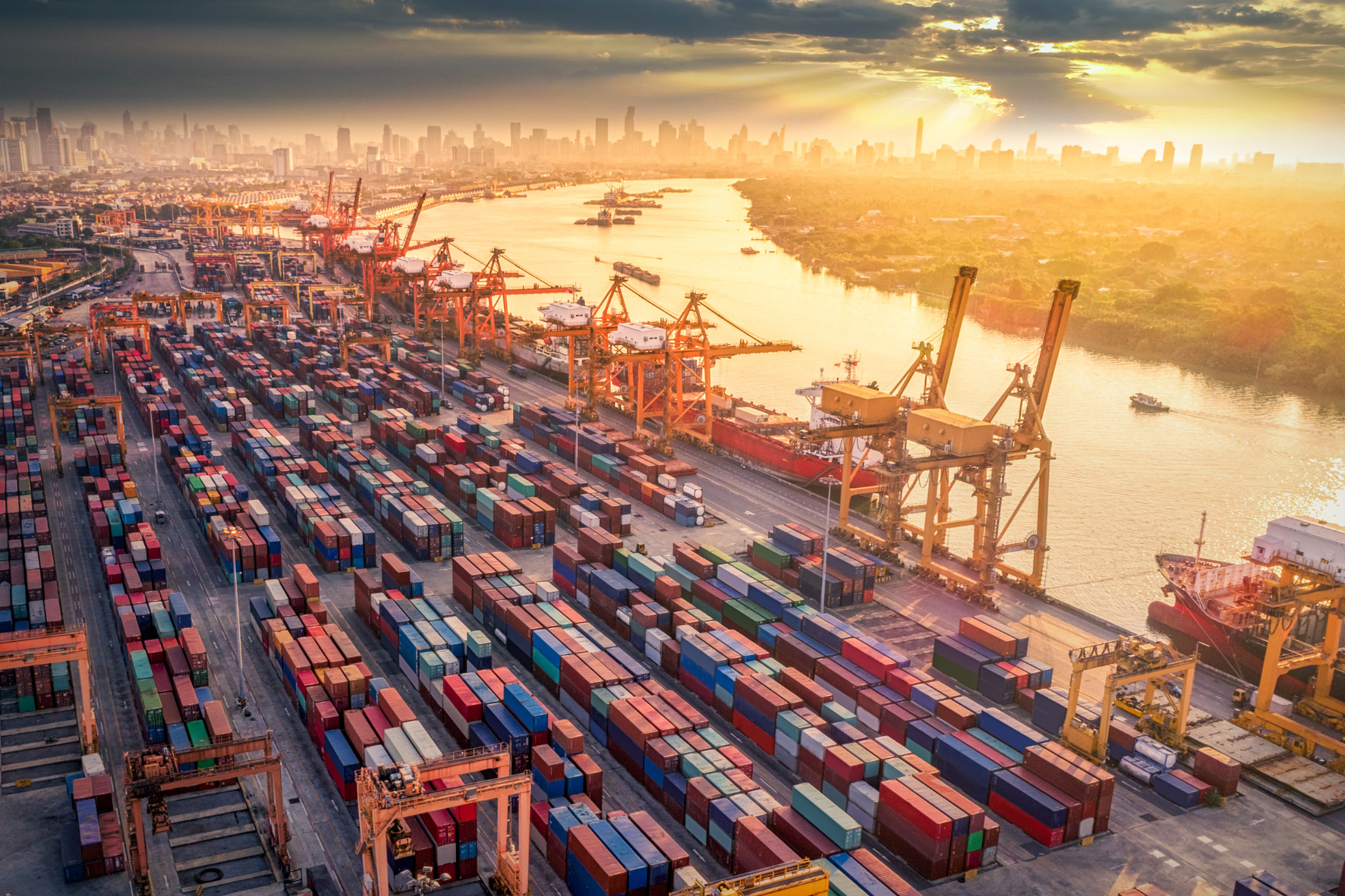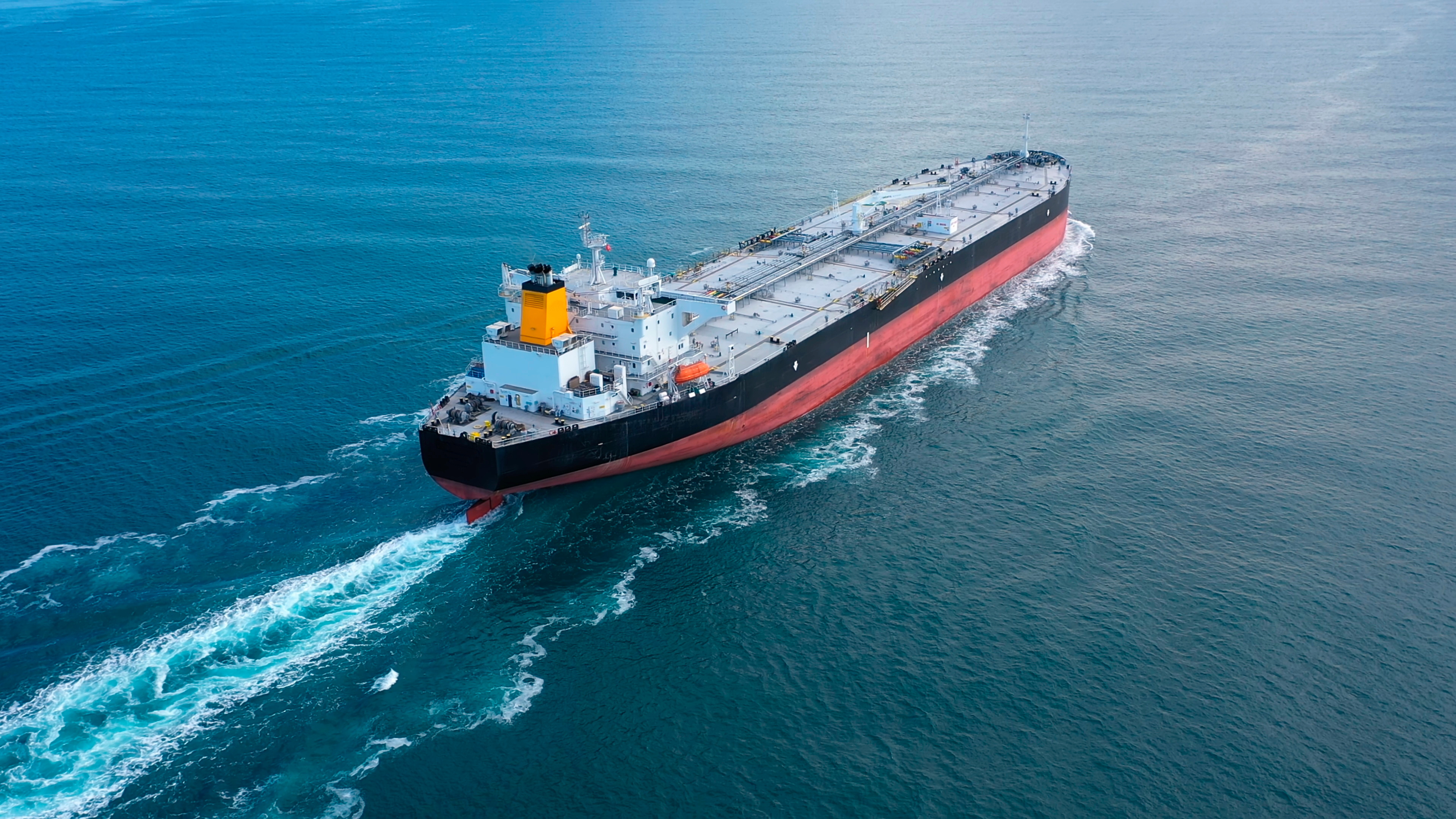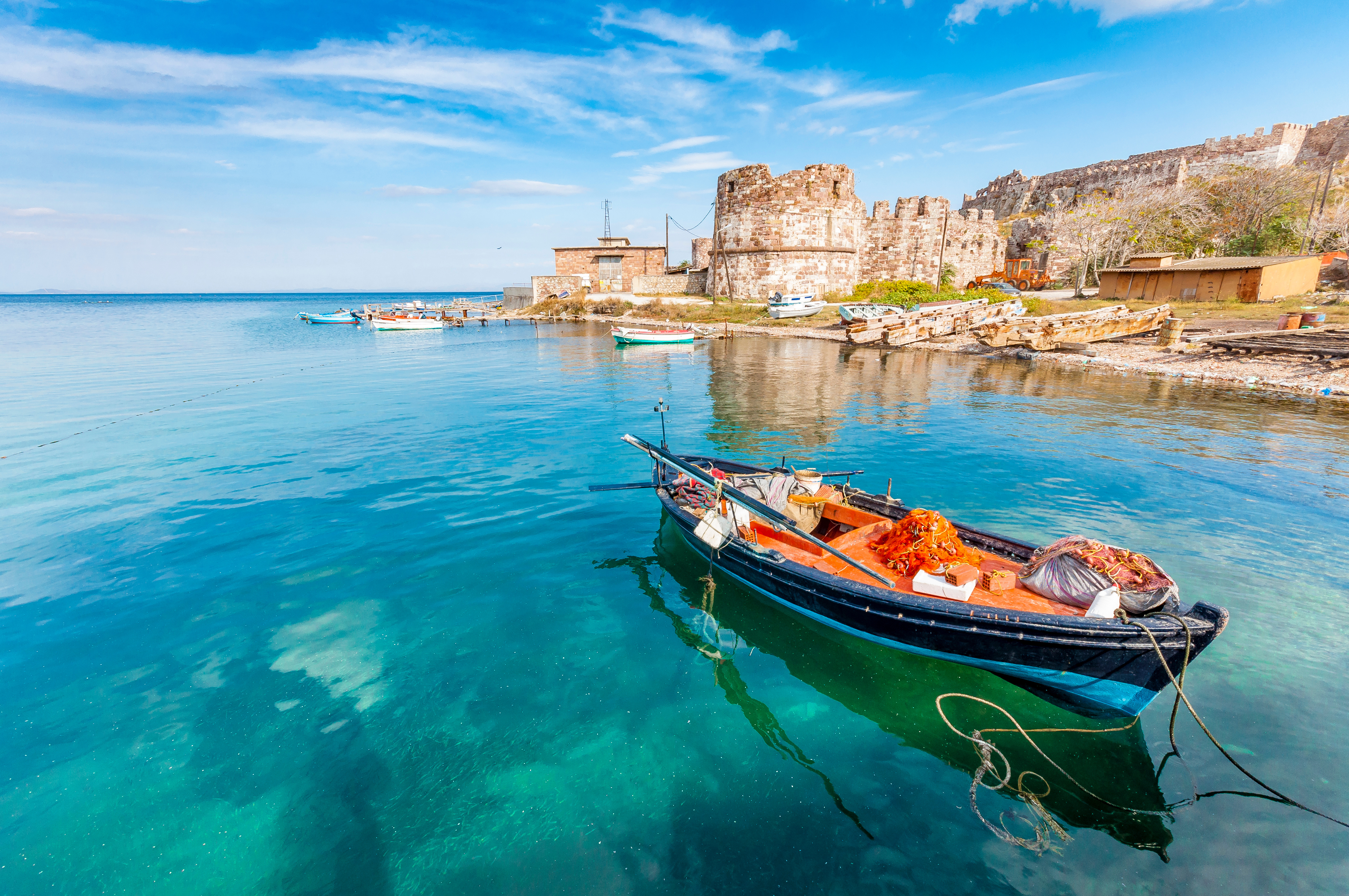
What could give rise to a customs-related incident?
Most jurisdiction in Latin America have intricate customs system and regulations. Typically, customs-related incidents flow from the misdeclaration of goods carried on the entered ship. The misdeclaration may transpire in customs documents (for example, cargo manifests) or in the relevant documents of transport, i.e. bill of lading or seaway bill.
What consequences may the Club's Members face from a customs-related incident?
A customs-related incident may entail not only administrative investigations for breach of customs regulations but also criminal investigations in most of Latin America's jurisdictions.
The majority of the administrative investigations for breach of customs regulations in Latin America may result in fines imposed upon the Member or the Member’s agent within the relevant jurisdiction. A customs administrative investigation leading to a fine may result from a complete failure to declare goods on board or from an inaccurate declaration of the same (short or overlanding of cargo). The fines can be significant as the amount payable is usually based on multiples of the cargo value and can depend on whether there are aggravating factors. Furthermore, the amount of the fine may be increased by adding the taxes that the Member or its agent would have paid had the Member or its agent accurately declared the goods carried on board.
The Club would provide cover for (see Rule 2, Section 22B https://www.ukpandi.com/media/files/uk-p-i-club/rules/2024/rulebook-2024.pdf):
- fines for short or overlanding or over delivery of cargo;
- fines for failure to comply with regulations relating to the declaration of goods; or
- fines for failure to comply with the regulations relating to the documentation of the entered ship in respect of its cargo, other than fines or penalties arising from the smuggling of goods or any attempt thereat.
Customs may, in some instances, consider the breach of customs regulation as the smuggling of goods.
Smuggling of goods
Criminal implications may stem from a customs-related incident in most jurisdictions in the region, depending on the type of goods carried on the entered ship and the circumstances of the event. The failure to declare goods carried on board may be regarded as the smuggling of goods and, as such, a criminal investigation may be pursued. The criminal investigation would determine who had actual involvement in smuggling the cargo and whether such person had the requisite intent for criminal conduct.
Inadvertent drug smuggling in Latin American ports can have very serious consequences and can include prolonged ship detention and crewmember arrests, even where they are innocent.
The lengthy detention in custody of the UBC Savannah’s Master, without formal charges, in Mexico, after illegal narcotics were found on board, prompted all P&I clubs in the International Group, the International Chamber of Shipping (ICS), BIMCO and InterManager to issue a circular about ship detentions and crew arrests in Mexico. The circular draws Members’ attention to the Mexican Federal Code of Criminal Procedure, where anyone accused of drugs-related offenses must be detained in prison for the duration of the pre-trial and trial, even if they are innocent. See Circular 6/20 here.
Over the years, the Club has seen many cases involving the concealment of drugs in various forms, including inside manufactured furniture, fruit, sugar, meat and other frozen food products, and even on the undersides of ships. The investigations into drug-smuggling incidents are usually fact-intensive, as any person within the transport chain may have taken the drugs onto the ship.

Most local customs agencies treat drug-smuggling incidents as a complete failure to declare goods on board and, thus, launch a customs administrative investigation. In addition, most Port Captains would commence an admiralty investigation, which usually supplements the criminal investigation that would also begin. All legitimate efforts by the local agencies, along with the legal principles applicable within the relevant jurisdiction, can result in lengthy and complicated implications for the unfortunate ship involved in a drug-smuggling incident.
Taking measures to prevent the smuggling of drugs is highly recommended to avoid the costly consequences of ship detention (see Signum Services’ publication here (https://www.ukpandi.com/news-and-resources/articles/2021/measures-to-prevent-the-smuggling-of-cocaine/).
Claims-handling Recommendations
Whilst fines arising from the smuggling of goods are not covered as of right by the Club, the Americas team has come up with a few general claims-handling recommendations based upon the Americas offices’ experience with drugs-smuggling incidents:
- Pay special attention to the terms and conditions on the relevant time charter party and/or the relevant slot charter agreement in order to determine which of the interests involved will have to initially bear the costs related to the incident.
- Appoint lawyers where the Member is actually subjected to an investigation, and consider whether all interests involved should act separately in respect of all fronts (criminal, admiralty, civil) to avoid conflicts of interest and to preserve attorney-client privilege. It may be possible to align all interests at a later stage of the investigation into the incident.
- Agree on a distribution list for correspondence in order to preserve the attorney-client privilege.
Finally, the Americas team is available to answer any questions the Members may have about customs-related incidents in Latin America and the Caribbean. The Americas team also recommends reaching out to the Club’s Safety & Risk Management division (Safety & Risk Management | Products & Services | UK P&I Club (ukpandi.com)) as it has good information to share for assisting Members to prevent these type of incidents.




